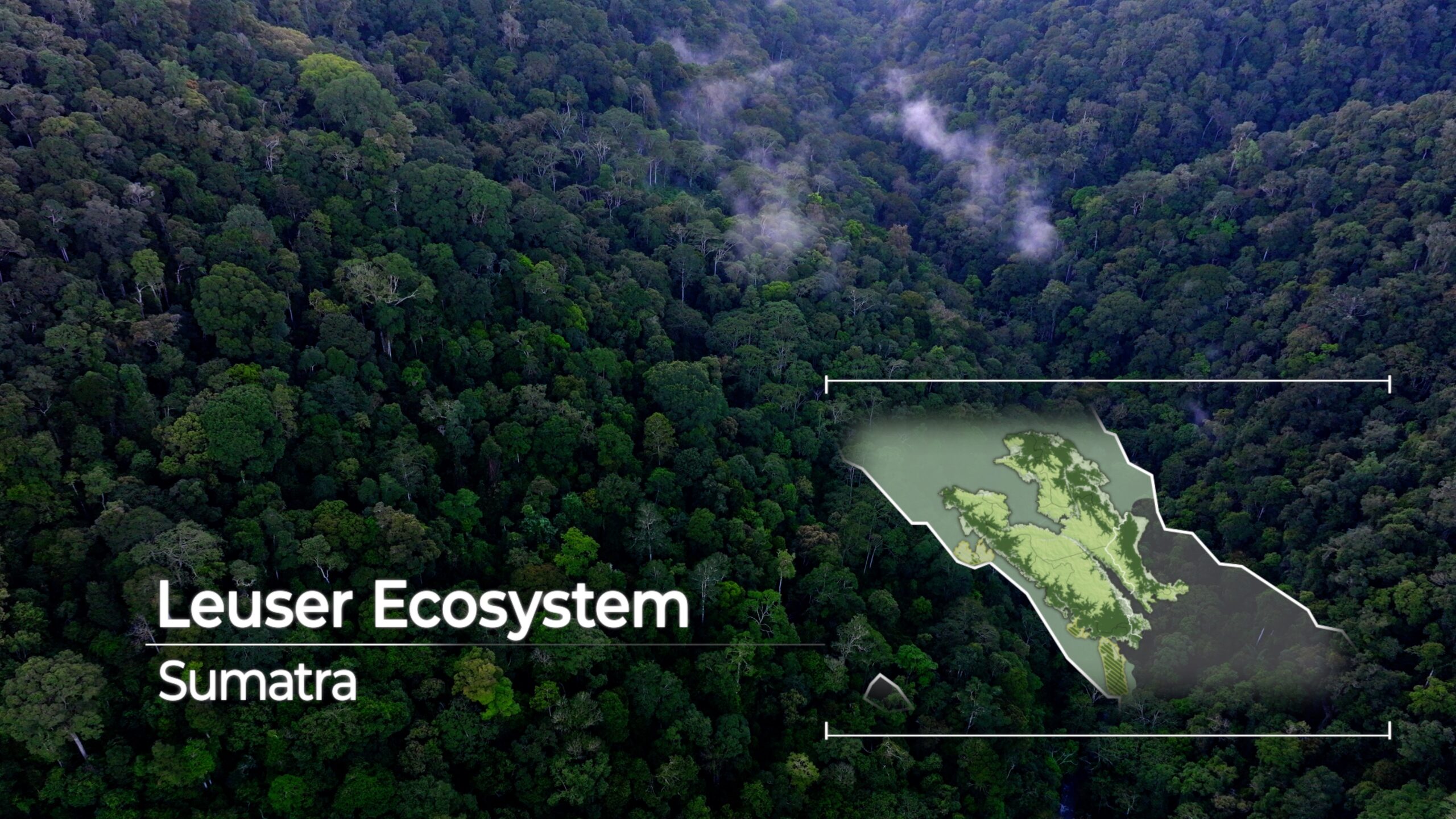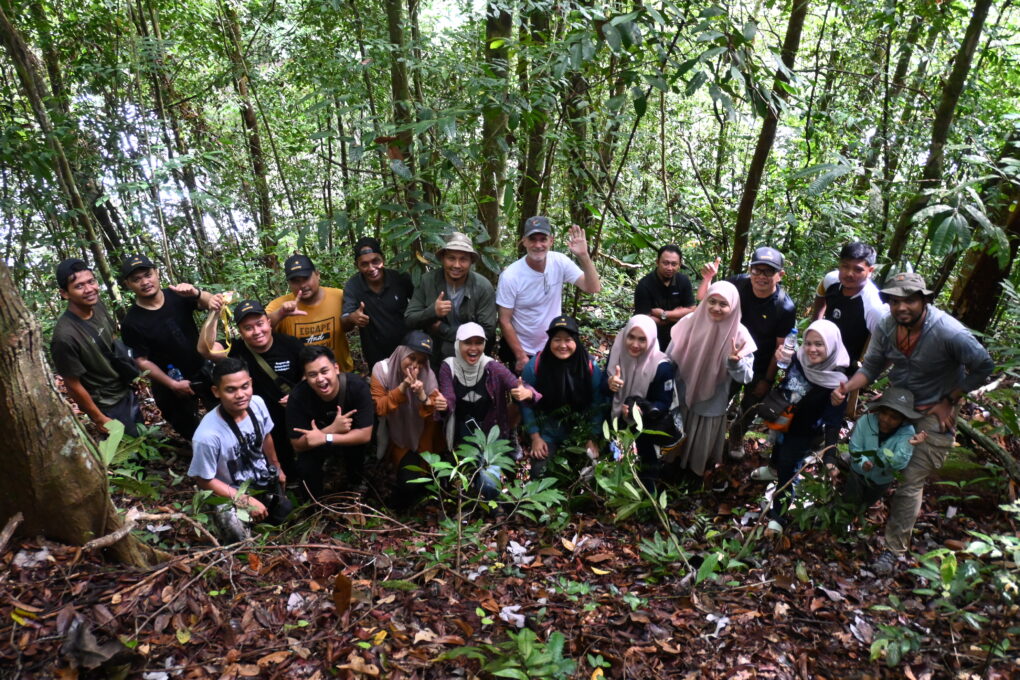This article was originally published by the Rainforest Action Network (RAN).
06 August, 2025
Global brands invest in innovative initiatives involving regional governments and civil society
Spanning over 6.5 million acres on the island of Sumatra, the Leuser Ecosystem is the last place on Earth where orangutans, tigers, elephants, and rhinos still coexist in the wild. It’s also a lifeline for millions of people and a globally significant carbon sink. Yet, the ecosystem has long been under siege—from industrial palm oil expansion, illegal logging, and corporate land grabs. The good news is that new initiatives are emerging that may help deliver long-term protection for the most important areas of tropical rainforests and peatlands in the Indonesian province of Aceh.

In July 2025, the Aceh Government, through the Aceh Development Planning Agency (Bappeda), began efforts to train government officials and civil society organizations in the tools used to identify High Conservation Value (HCV) areas and High Carbon Stock forests across Aceh. The initiative was funded by PepsiCo, Unilever, IDH and major palm oil trader Musim Mas and training was undertaken with implementation support from the Lestari Ecosystem Foundation (YEL), the Leuser Conservation Forum (FKL), and the HCV Network. The initiative was referred to by the organizers as a significant milestone in sustainable landscape management in Aceh.

The kick off event for the HCV-HCS training was held in Banda Aceh July 1, 2025, and was attended by several Task Implementation Units (UPT) of the Indonesian Ministry of Forestry, the Aceh Environment and Forestry Agency (DLHK), Bappeda, and the Environmental Services Office of all districts/cities in Aceh, Forest Management Units (KPH) I-VI, civil society organizations (CSOs), academics, and the private sector.
After years of being exposed for their role in driving the destruction of rainforests, major brands and palm oil traders adopted No Deforestation, No Peatland and No Exploitation (or in short NDPE) policies that set a new standard for responsible palm oil production. This standard requires the protection of areas that have High Conservation Values and High Carbon Stock forests. In order for this standard to be implemented on forest frontlines where it matters, palm oil producers, governments and communities need to understand these concepts and know how to use the tools that have been developed to identify and protect areas that have High Conservation Values and High Carbon Stock forests. Both methods are now global standards for forest protection and have more recently been integrated into various policies in Aceh.
Read the rest of the article on ran.org.
